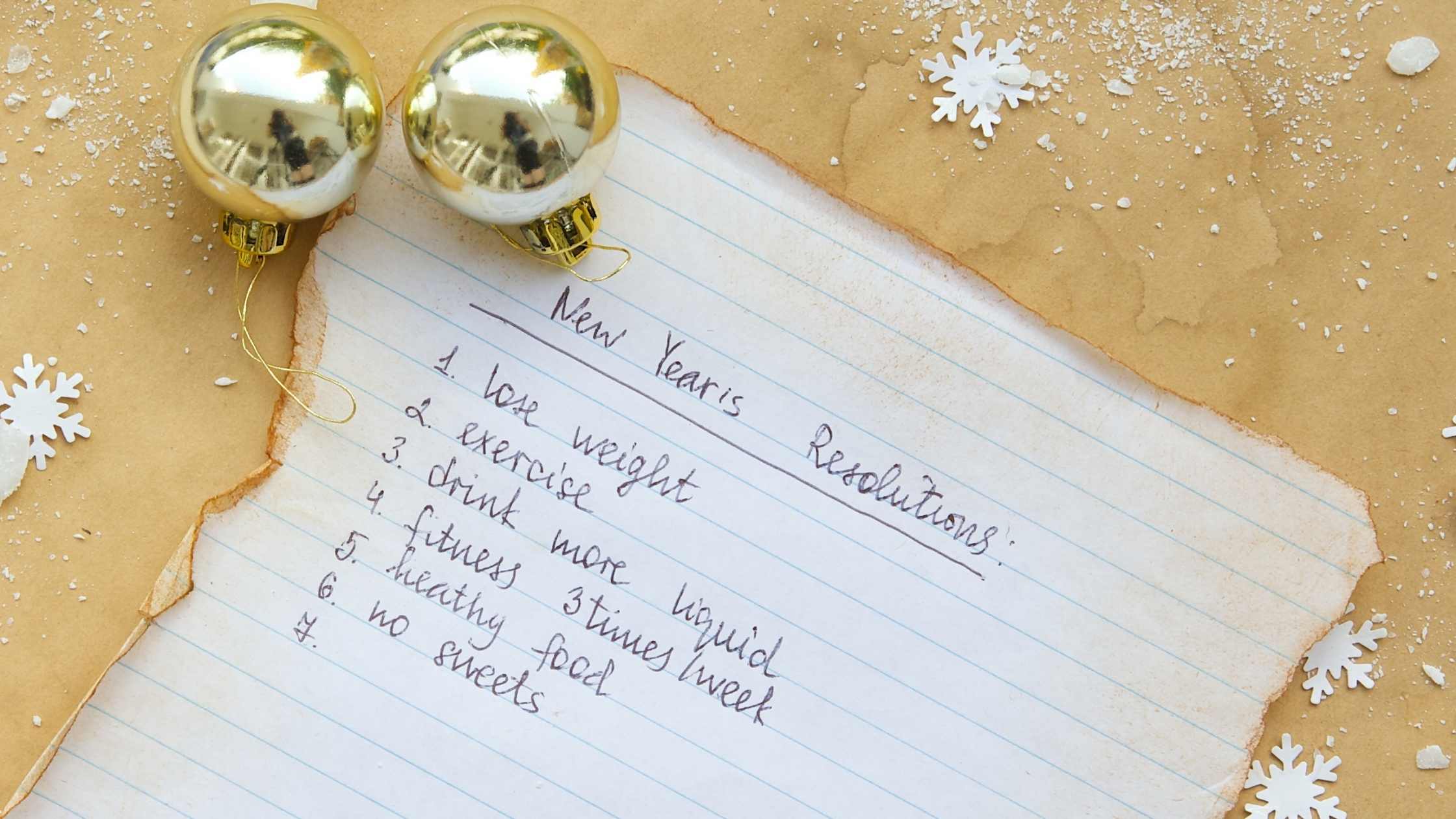What's in a resolution
With the New Year fast approaching many people sit down to make up a list of resolutions. This year I will.....
- Lose 20 pounds
- Exercise every day
- Eat right
- Give up junk food
- Insert your favorite resolution here
The problem with the concept of a resolution is that we go about it the wrong way. We write down the results we are looking for not how we plan to get there. We craft ultimatum statements and that ultimately sets us up for failure.
In order to be successful with your anticipated changes for the new year consider setting goals instead of creating resolutions. Goals are a desired outcome. They are not as finite as resolutions. If you do not live up to your resolution frequently you are left feeling discouraged and possibly have a loss of self-appreciation or self-confidence. You're also more likely to abandon it altogether (and perhaps any other resolutions that you formed at the same time). With goals, however, the end result is planned for but not mandated. Along the way there may be reasons that you did not achieve your goal which you can examine and reconsider. Or the goal may need to be modified along the way; because it's a goal there's room for that.
Creating goals
When creating goals there are a few things to consider. Because it's one of the most commonly chosen resolutions, we'll use an example of losing weight as a goal. Most people simply say that they will lose weight. They do not put qualifiers on the statement and do not think about how they will achieve their goal. Being prepared to think all the way through the goal helps to increase awareness and mindfulness and can increase your motivation and ultimate success.
- What is your anticipated goal – to lose weight
- Why do you want to achieve this goal – to look and feel better, so clothes fit better, to improve health
- How much weight do you want to lose - is this goal realistic
- How long do you think it will take you to achieve your goal – set realistic expectations for appropriate weight loss (you cannot lose 10 pounds in two weeks)
- What are the steps required to achieve this goal – how will you have to change your nutritional plan and modify your eating patterns to achieve your goal
- When do you plan to start the first step – choose a time that is workable, don't start the day after a huge holiday party when you are not focused
- What do you need to do to start that first step – do you need a support person, a program, a goal buddy, or a written plan
Be realistic
Don't overwhelm yourself by setting too many goals at once. If you decide that in the next two weeks you are going to lose 20 pounds, start a new high-intensity exercise program, and give up your daily fast food run you may find yourself feeling overwhelmed.
When we try to do too much without planning and awareness we can be setting ourselves up for failure. On the other hand, reasonable expectations and a well-thought out plan can be the cornerstone to your success.
And don't discount the need for a deeper level of support. A friend or family member who can serve as an accountability buddy, or working with a coach who can nurture you and design a program that works for you.
Above all remember to be kind to yourself. A goal is a hoped for achievement. If you do not master your goal it is not because you have failed. It simply means that you were not able to get to where you thought you might. This gives you an opportunity to re-evaluate your goal and see if it needs to be adjusted or modified.
Most importantly, when working toward a goal remember to stop occasionally, look back at how far you've come. Perhaps you've lost less weight than you had hoped for but you've made significantly healthier food choices. Maybe you haven't been able to get to the gym every day like you had hoped, but when you do go you are feeling stronger and have more endurance. These are accomplishments to be proud of. Pat yourself on the back, review your plan and keep working towards your goal.




